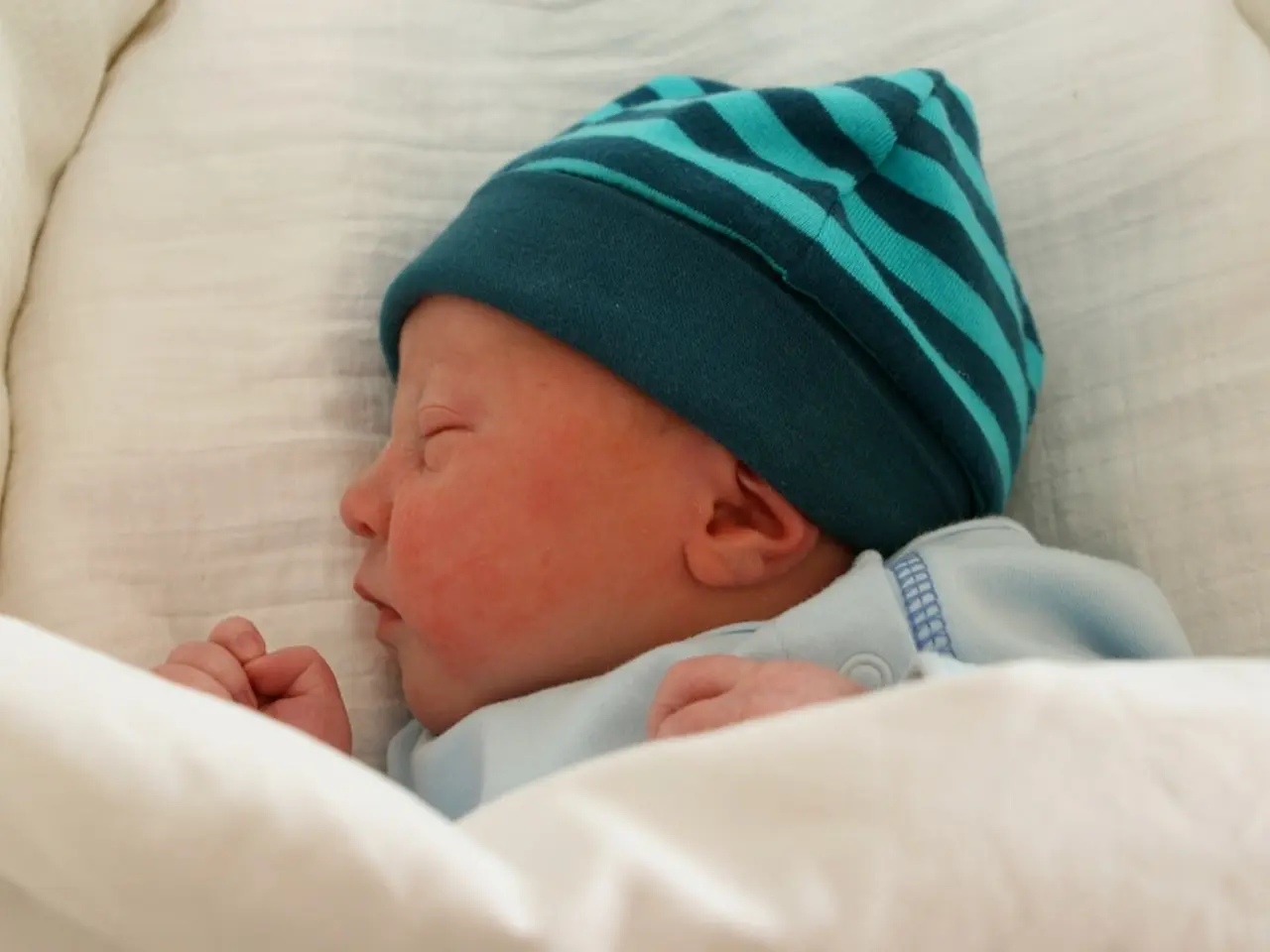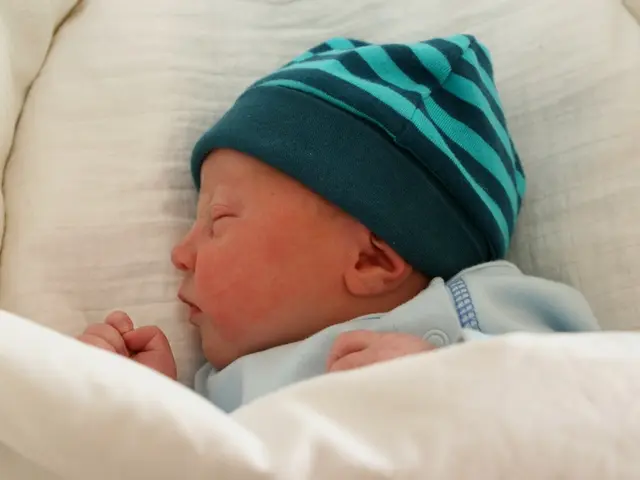Understanding Babies' Sleep: Tips for a Better Night's Rest
Babies' sleep patterns can be challenging to manage, but understanding their needs and providing a suitable environment can greatly improve their rest. Recent research highlights several factors affecting babies' sleep, from physical discomfort to emotional factors and developmental stages.
One key aspect is ensuring a sleep-conducive environment. Blackout curtains and white noise can help create a soothing atmosphere for better sleep. However, persistent sleep difficulties may stem from various causes. Delayed maturation of regulatory functions, physical discomfort like food intolerances or allergies, and irregular sleep habits can all disrupt babies' sleep. Physical illnesses, developmental phases such as sleep regressions tied to cognitive growth, and separation anxiety are also common culprits.
Illnesses like ear infections or colds can temporarily disrupt a baby's sleep. Missing the optimal sleep window can lead to irritability and trouble settling down. Overstimulation from screens, noisy toys, or exciting play can leave babies feeling overwhelmed and unable to calm down for sleep. Separation anxiety can also cause babies to fight sleep.
Understanding a baby's sleep cues, establishing a soothing bedtime ritual, and creating a consistent nap and sleep schedule can help promote better sleep. Hunger can also affect a baby's sleep, so feeding them appropriately based on their age, feeding method, and growth needs is crucial. Babies may not be ready for sleep if they are not tired enough, which could be due to an isolated event or changing sleep needs.
Infants start to develop their circadian rhythm around 6 weeks old, with a true sleep schedule typically established between 3 to 6 months old.
In conclusion, promoting better sleep in babies involves a combination of creating a suitable sleep environment, understanding and responding to their sleep cues, and addressing potential underlying causes of sleep difficulties. As babies grow and develop, their sleep needs change, requiring ongoing adjustment and support.








